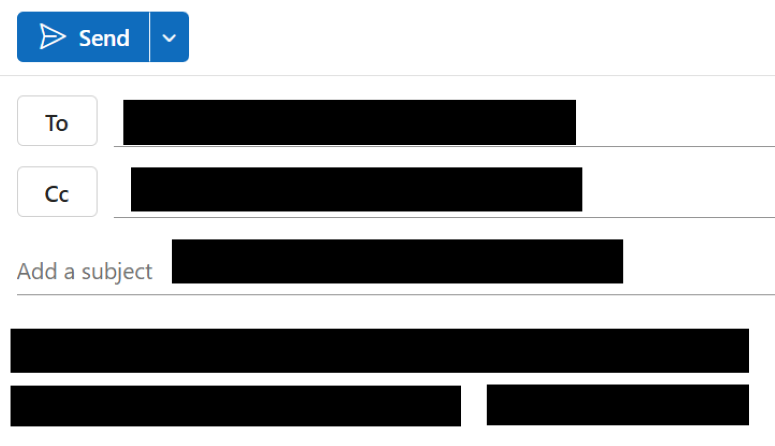Washington’s House allowing email deletions deals yet another blow to government transparency
August 5, 2025
Contact: Colette Weeks, WashCOG executive director, colette.weeks1@gmail.com George Erb, WashCOG secretary, geoerb@seanet.com
OLYMPIA — The Washington Coalition for Open Government is appalled at the new state House of Representatives’ policy allowing legislators to immediately delete a growing number of emails and auto-delete many more after 30 days.
This change was announced internally through an email from House Public Records Officer Lucy Collis a week before the July 30 policy change went into effect. Collis’s email informing House members of the change claimed email storage had become burdensome as a result of a 2017 court case filed by The Associated Press and other news organizations that established that legislators are subject to the Public Records Act.
“It’s hard to believe that after the Washington Supreme Court and the people of Washington clearly told the Legislature to obey the Public Records Act, House leadership continues to think up ways to withhold government-produced documents requested by citizens,” said George Erb, WashCOG secretary.
Washington residents made waves with a public outcry in 2018 after lawmakers tried to pass legislation that exempted them from the Public Records Act. That outcry led then-Gov. Jay Inslee to veto the bill. In December 2019, the Washington State Supreme Court ruled that lawmakers are subject to the PRA, but with some limits. Pushing to define those limits in the broadest way has become a mission for the House, led by House Speaker Laurie Jinkins, D-Tacoma, since then.
Under this new guidance, secrecy reigns in the Washington state House. The Senate could soon follow.
Two major flaws exist in the new policy:
1) It sanctions deleting an email by defining it as “transitory.” It seems to enable lawmakers’ goal to remove virtually every piece of written information that isn’t a formal finished product from the public’s view. That’s where we are heading. Nowhere in the Public Records Act or in the voter-approved forerunner of this democracy-promoting law is there an exemption for records considered “transitory.”
2) It says the prime sponsor of a bill is the only one who is responsible for maintaining emails related to that bill. The problems with this seem too numerous to count, but for starters, shouldn’t constituents whose legislators were not prime sponsors of a bill be able to get their legislators’ emails commenting on other lawmakers’ bills?
What would it mean if we can only see a final work – the legislation – without any of the conversations, ideas, debate, suggestions, or promises connected to the final law? It means the public has no idea of the ingredients in the final dish that is served. It means backroom deals, secret handshakes, promises and even threats regarding the people’s business can be disposed of if nothing matters but the final work. It means we have no idea what our individual lawmakers might be doing to get legislation passed or killed.
This is not transparency. This is not open government. This is government secrecy in action.
This leaves it up to individual legislators to decide what they want to share with the public, all in the name of reducing how many electronic records need to be stored. The people aren’t willing to trust that any lawmaker is so infallible that they should face no scrutiny about how they do our business and who they do it with. Showing the people the final product, the legislation that passes, isn’t enough. We deserve to see the process.
When we are left with nothing but shiny, finished directives that affect our lives without insight into how they came to be, we have lost. This must not stand.
The Washington Coalition for Open Government is a nonpartisan, nonprofit organization founded in 2002. We are an independent, broad-based advocate for public records, open meetings and informed citizens.

